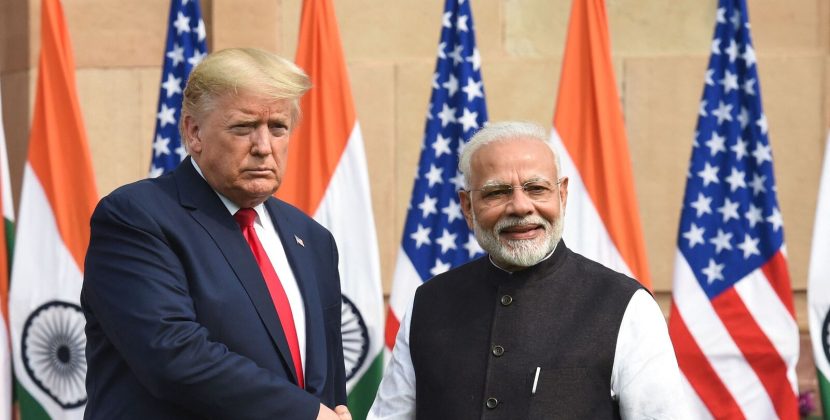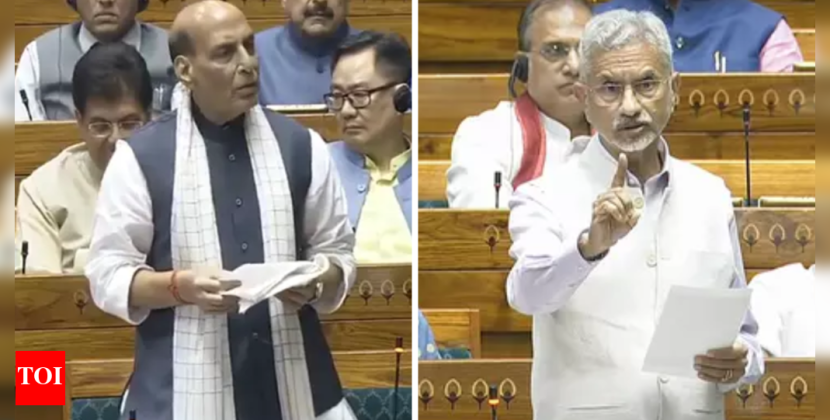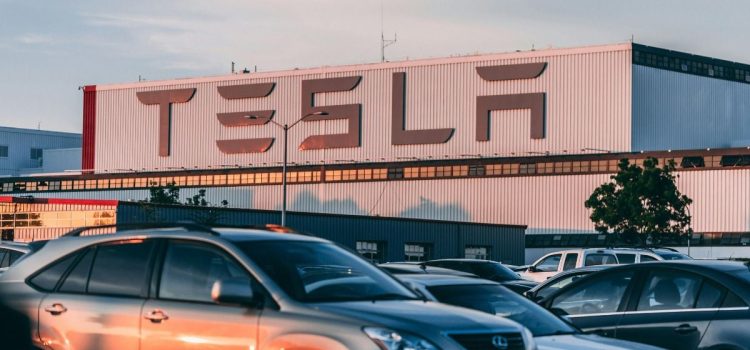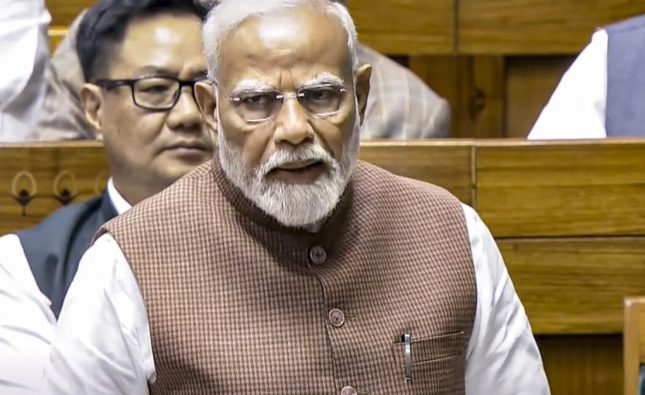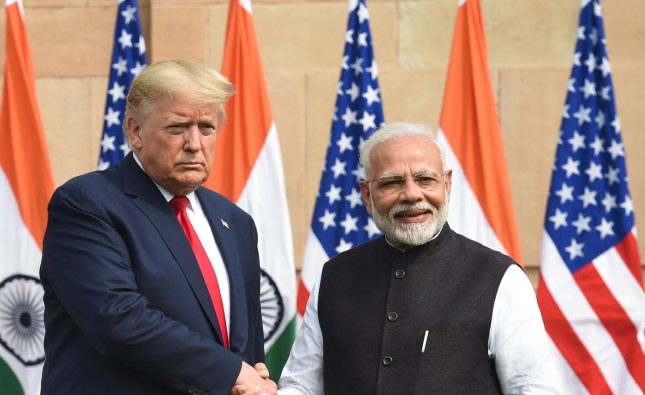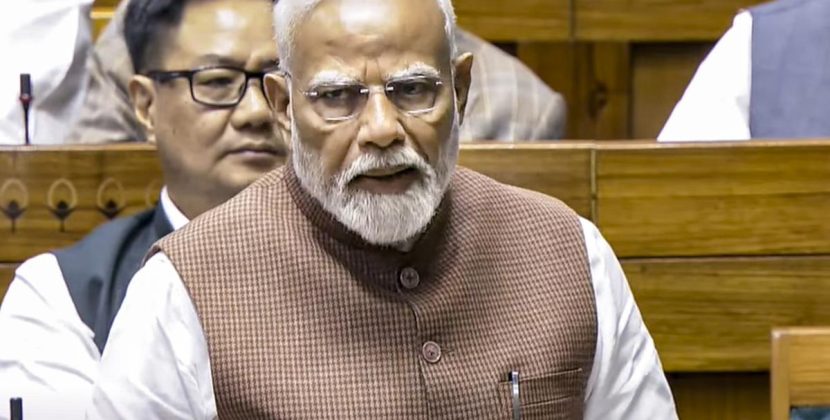
The brokerage firm CLSA believes Tesla’s potential entry into India could accelerate the premiumisation of the car market. According to the brokerage firm, Tesla which is likely to enter the Indian markets, is unlikely to pose a significant challenge to the domestic players in the country like Maruti Suzuki, Hyundai, Tata Motors, and Mahindra & Mahindra in the near term.
“We do not believe that Tesla’s entry would have any significant impact on Maruti Suzuki, Hyundai Motors India or Tata Motors,” said the brokerage in its report.
CLSA: Tesla’s impact, limited competition for mass market
Despite Tesla’s global dominance in the EV market with a 15% share and major sales in China (40%) and the US (35%), its impact in India may remain limited. India’s EV penetration currently stands at just 2.4%, which is significantly lower than China (30%) and the US (9.5%).
CLSA expects EV adoption in India to increase to 15% by FY28 and 25% by FY30 due to new launches, price convergence between EVs and internal combustion engine (ICE) vehicles, and stricter emission norms (CAFE III and IV).
CLSA: Import duties and manufacturing challenges
Tesla’s cheapest model in the US costs around $35,000, which is approximately Rs 29 lakh in the Indian currency, whereas the average selling price of cars in India is around $14,000, that is, Rs 11.6 lakh).
The high import duties, 110% for cars priced above $40,000 and 60% for those below $40,000, make direct imports unviable.
“In comparison, the Indian BEV market is nascent, with just c.2.4% EV penetration today. However, with new launches in coming months by key players, continued convergence in prices between ICE and EVs and the government’s stringent emission norms (CAFE III and CAFÉ IV), we believe BEV penetration is set to move to c.15% by FY28 and c.25% by FY30. Thus, even if we assume Tesla gains market share of c.10-20% in EVs by FY30, it would imply overall PV share of c.2-5%,” added the brokerage in its report.
CLSA: Pricing challenges, still a premium product
Even with a potential reduction in import duties to 15to 20%, the on road price of Tesla’s Model 3 in India would be around Rs 35 to Rs 40 lakh. CLSA notes that this pricing would be 20-50% higher than models like the Mahindra XUV 9e, Hyundai e-Creta, and Maruti Suzuki e-Vitara, making it less attractive to mass-market buyers.
“We believe that if Tesla positions itself with Model 3 at an on-road price that is c.20-50% higher than models like Mahindra XEV 9e, e-Creta, e-Vitara etc, it would not significantly impact domestic EV models. Factors such as spacious interior, features, aesthetics, better resale value visibility and right pricing are the key drivers in car purchase decisions, regardless of the powertrain, in our view,” added the brokerage in its report.
A Harley-Davidson-like challenge?
“Currently, Tesla’s Model 3 and Model Y are the most affordable models in its portfolio, priced at around US$35k in the US at factory level. Thus, Tesla either needs to sell the same models with reduced features to lower cost for the Indian market or incur losses. We believe the situation would be similar to the question of acceptance of Harley X440 bikes by Indian consumers, which are priced c.20% higher than RE Classic 350, with sales figures of c.1,500 units and c.28,000 units per month, respectively,” noted the brokerage further in its report.

